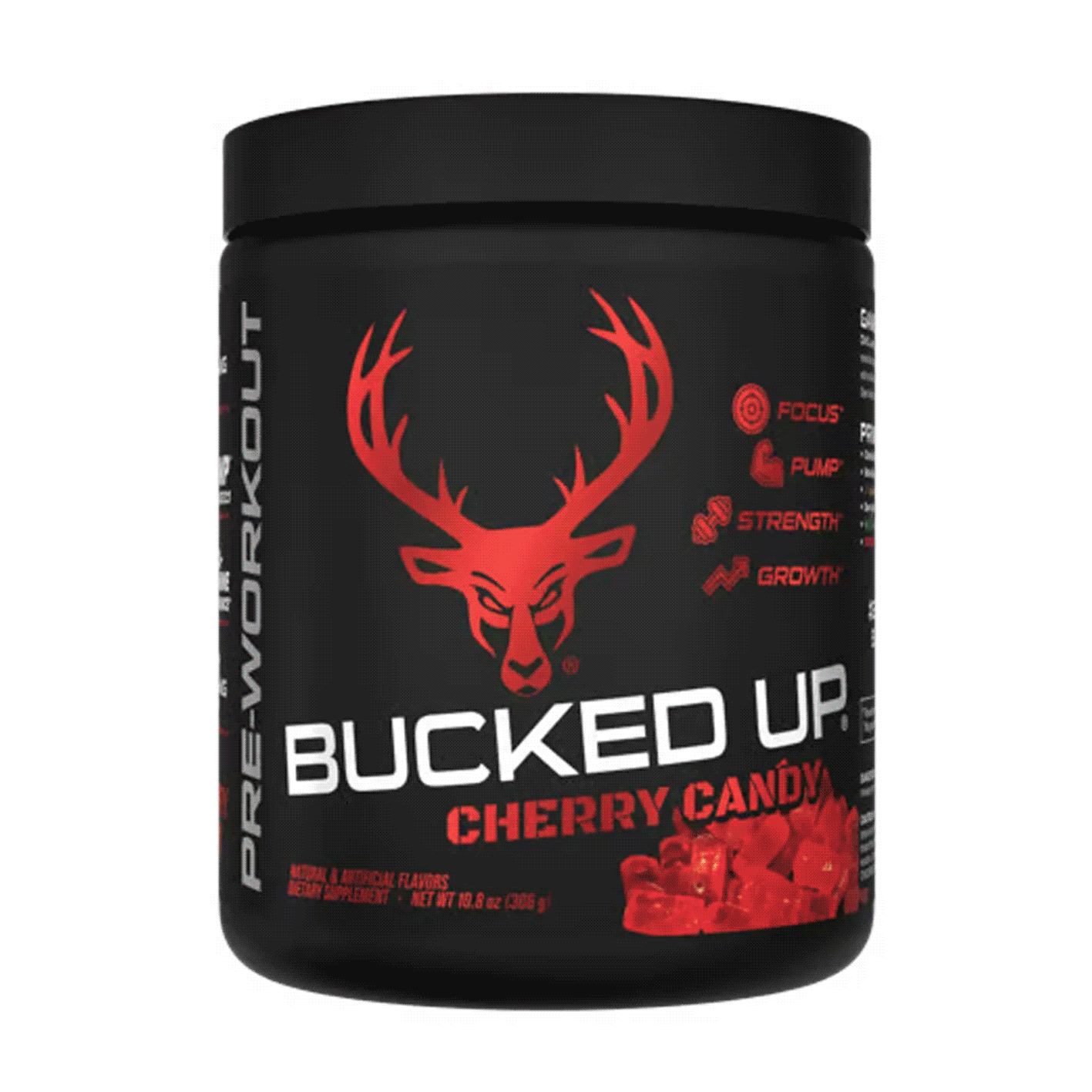Creatine monohydrate stands as one of the most researched supplements for boosting athletic performance and cognitive function. Despite solid scientific support, myths about its potential harm to kidneys and liver still linger, keeping many athletes and health-conscious individuals from reaping its benefits. These concerns often come from early misunderstandings or misinterpreted data. However, extensive research shows a different picture: creatine monohydrate does not harm kidney function in healthy people at recommended doses, and studies confirm no link to liver issues with proper use. This article clears up these misconceptions with hard evidence, helping you make informed choices about your health and performance while stressing the importance of quality in creatine supplements.
Uncovering the Fear: Why Creatine Safety Myths Persist
Even though creatine monohydrate is among the most studied supplements in sports nutrition, false beliefs about its impact on kidney and liver health continue to spread in fitness circles and beyond. These fears stop many from using a supplement that could improve their strength, mental clarity, and overall wellness. Instead, some turn to less proven options, missing out on creatine’s well-documented advantages.
Decades of testing across various groups and health conditions highlight creatine’s strong safety record. Unlike many supplements with limited long-term data, creatine has been thoroughly examined, showing no cause for concern in healthy users. This gap between science and public opinion keeps people from a valuable tool for reaching their goals.
The origins of these safety worries trace back to the 1990s and early 2000s, when reports of excessive doses, sometimes 10 to 20 times the suggested amount, or misuse with other harmful substances like steroids, fueled alarm. These rare cases were wrongly applied to all creatine use, ignoring proper dosing.
Another misunderstanding came from serum creatinine levels rising during supplementation. This natural byproduct of creatine metabolism was confused with signs of kidney damage, though it’s a normal response. Early supplement production also lacked strict standards, leading to potential impurities. Today, brands like Bucked Up prioritize quality with NSF certification and GMP standards to ensure pure, safe products.
Setting the Record Straight: Creatine and Kidney Health
No Threat to Kidneys in Healthy Users
Scientific studies clearly show that creatine monohydrate does not damage kidney function in healthy individuals at standard doses. Research across athletes, older adults, postmenopausal women, and those with diabetes finds no negative impact on kidneys. Even in groups with potential risk factors, creatine remains safe.
Long-term studies, some lasting up to 24 months, support these findings. Extensive data confirms no kidney damage or dysfunction from recommended creatine use in healthy people. Advanced testing methods used in these studies further validate the absence of harm.
Clarifying Creatinine Levels
A key point of confusion is the rise in serum creatinine during creatine use. This increase comes from creatine breakdown, not kidney injury. It’s a normal process, much like how more protein intake raises urea levels without indicating damage.
For accurate kidney health checks in creatine users, healthcare providers should rely on alternative markers like cystatin C or clearance tests, rather than just creatinine-based measures. Proper testing consistently shows no evidence of kidney issues tied to creatine supplementation.
Safe for Many Populations
Creatine’s safety extends across diverse groups, including young athletes, older adults, and people with diabetes. Research in these populations, often at higher risk for kidney concerns, finds no negative effects at recommended doses. Decades of athlete use show no link to kidney injury in healthy individuals.
These consistent results suggest creatine’s safety isn’t limited to specific demographics. It’s a reliable option for anyone seeking performance or health improvements through supplementation.
Caution for Pre-existing Conditions
While safe for most, creatine use requires caution with certain health conditions. High doses are not advised for those with renal disease or elevated kidney risks. People with diagnosed kidney issues, on nephrotoxic medications, or in pregnancy should consult a doctor before starting. Children and adolescents also need medical guidance due to limited data.
Explore Bucked Up’s NSF-certified creatine products for high standards in purity and safety.
Clearing Up Concerns: Creatine and Liver Health
No Evidence of Liver Damage
Claims about creatine harming the liver lack foundation. Studies confirm no liver damage or dysfunction in healthy individuals at standard doses. Comprehensive tests of liver enzymes and other health markers reveal no stress or harm, even with long-term use.
The liver handles creatine naturally, processing supplemental amounts through familiar pathways without strain. This explains why no adverse effects show up in research or real-world use among healthy people.
Creatine’s Natural Fit with Liver Function
The liver already produces 1 to 2 grams of creatine daily. As a familiar compound, creatine from supplements integrates smoothly into liver metabolism. Natural regulation prevents overload, keeping liver function stable even with added intake.
Other Factors Behind Liver Concerns
Rare reports of liver issues tied to creatine often involve other causes. Factors like pre-existing conditions, other supplements, medications, or extreme dosing cloud these cases. Pre-existing liver diseases, anabolic steroid use, or excessive doses unrelated to standard protocols are often the true culprits, not creatine itself.
More Than Safety: Extra Benefits of Creatine
With organ health concerns debunked, creatine’s value for physical and mental gains shines through. It boosts the phosphocreatine energy system, aiding short, high-intensity efforts like weightlifting or sprinting. Users often see better strength, power, and endurance before fatigue hits.
Creatine also supports muscle growth by enhancing hydration at the cellular level and improving recovery. This allows harder, more frequent training. Cognitive perks include sharper memory and focus, especially under stress or lack of sleep. For aging adults, it helps preserve muscle mass, countering age-related decline when paired with exercise.
Bucked Up’s Dedication to Quality Creatine
Safety isn’t just about creatine itself, but also how it’s made. Bucked Up upholds strict standards to guarantee every product is pure and effective. Their NSF and GMP certifications mean rigorous testing for contaminants and banned substances, offering assurance for athletes and everyday users.
Transparency is key with Bucked Up. Every ingredient’s amount is listed, and sourcing meets pharmaceutical-grade criteria. Their range, from powders to gummies and capsules, ensures ease of use without sacrificing quality. Here’s a look at some standout options:
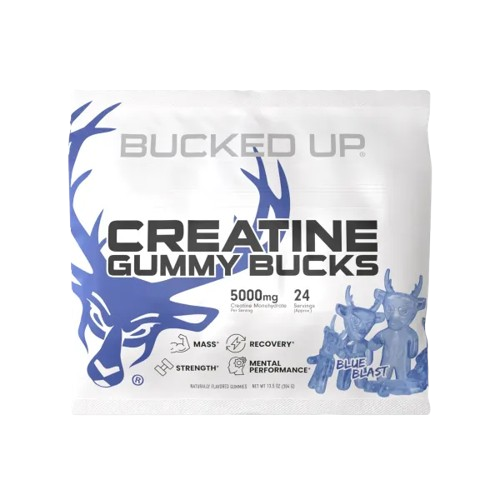
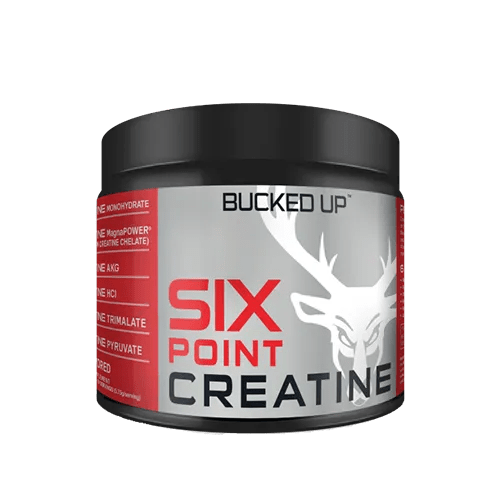
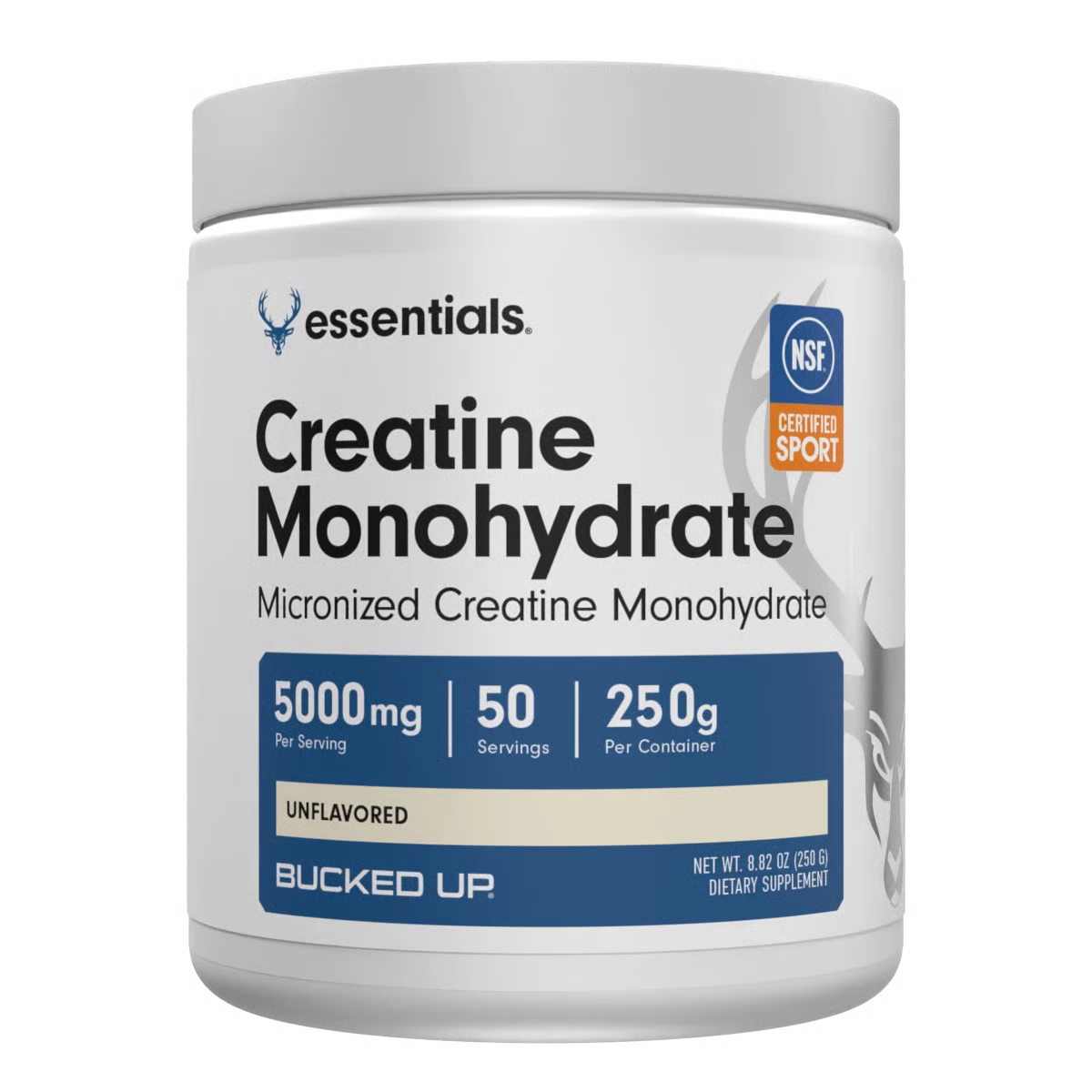
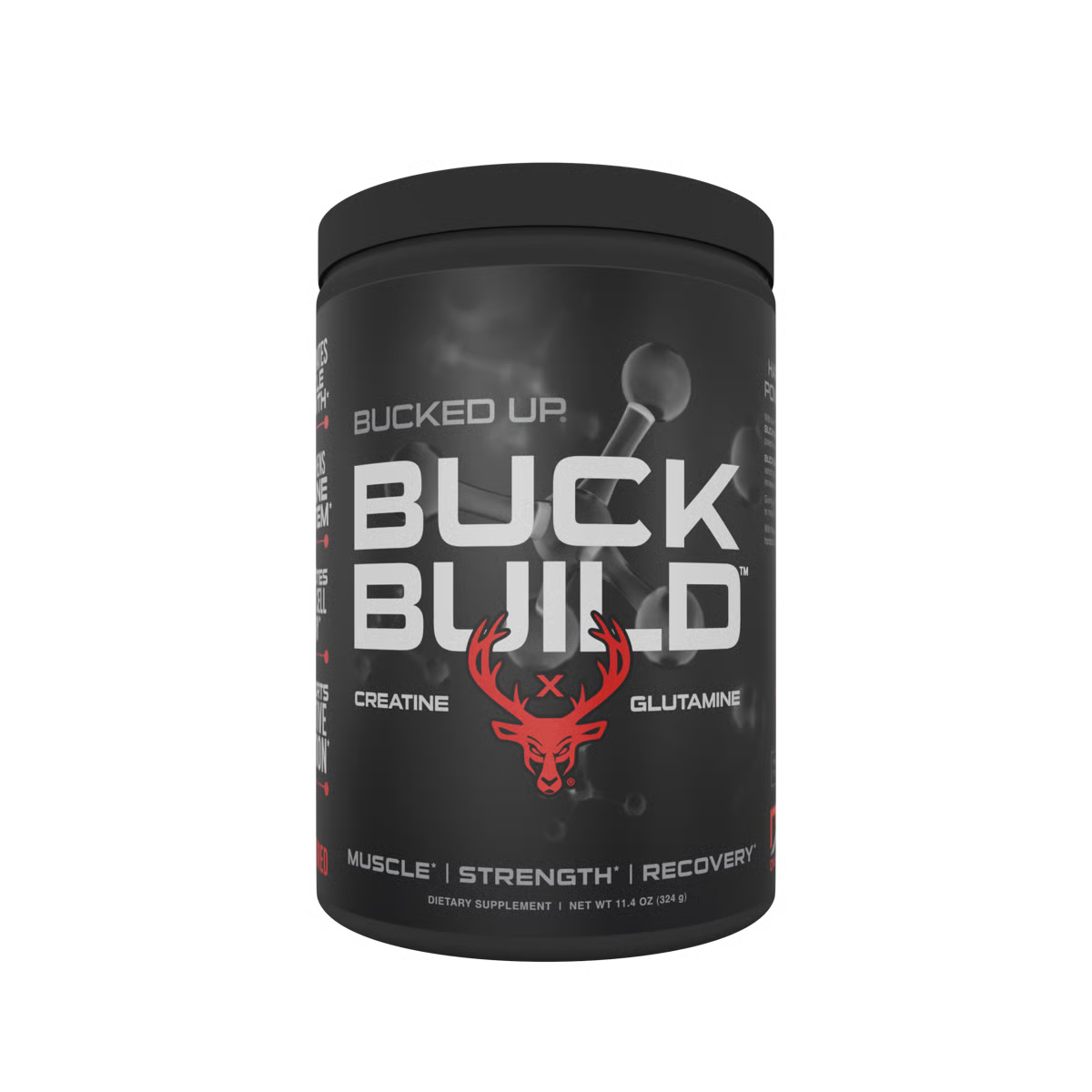
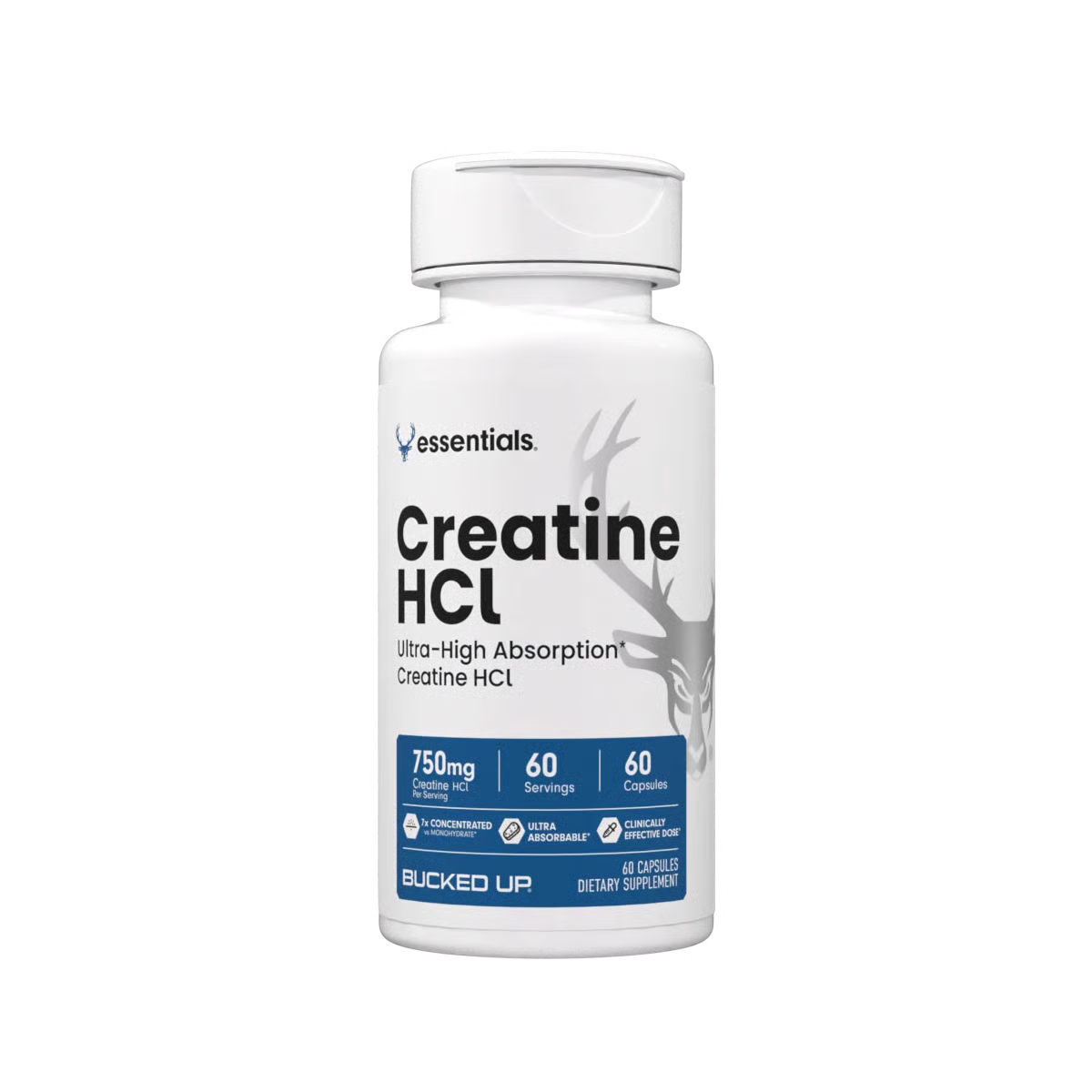
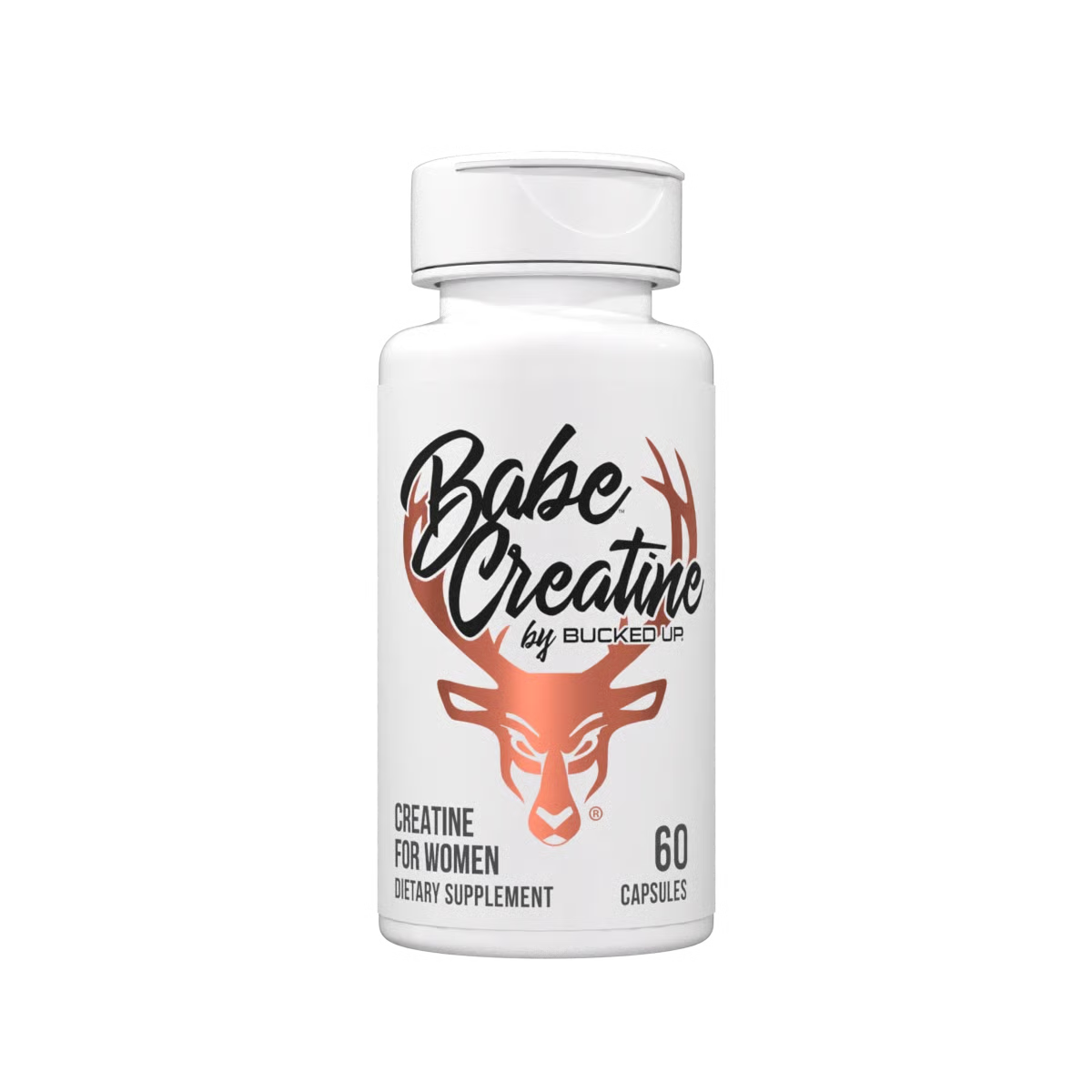
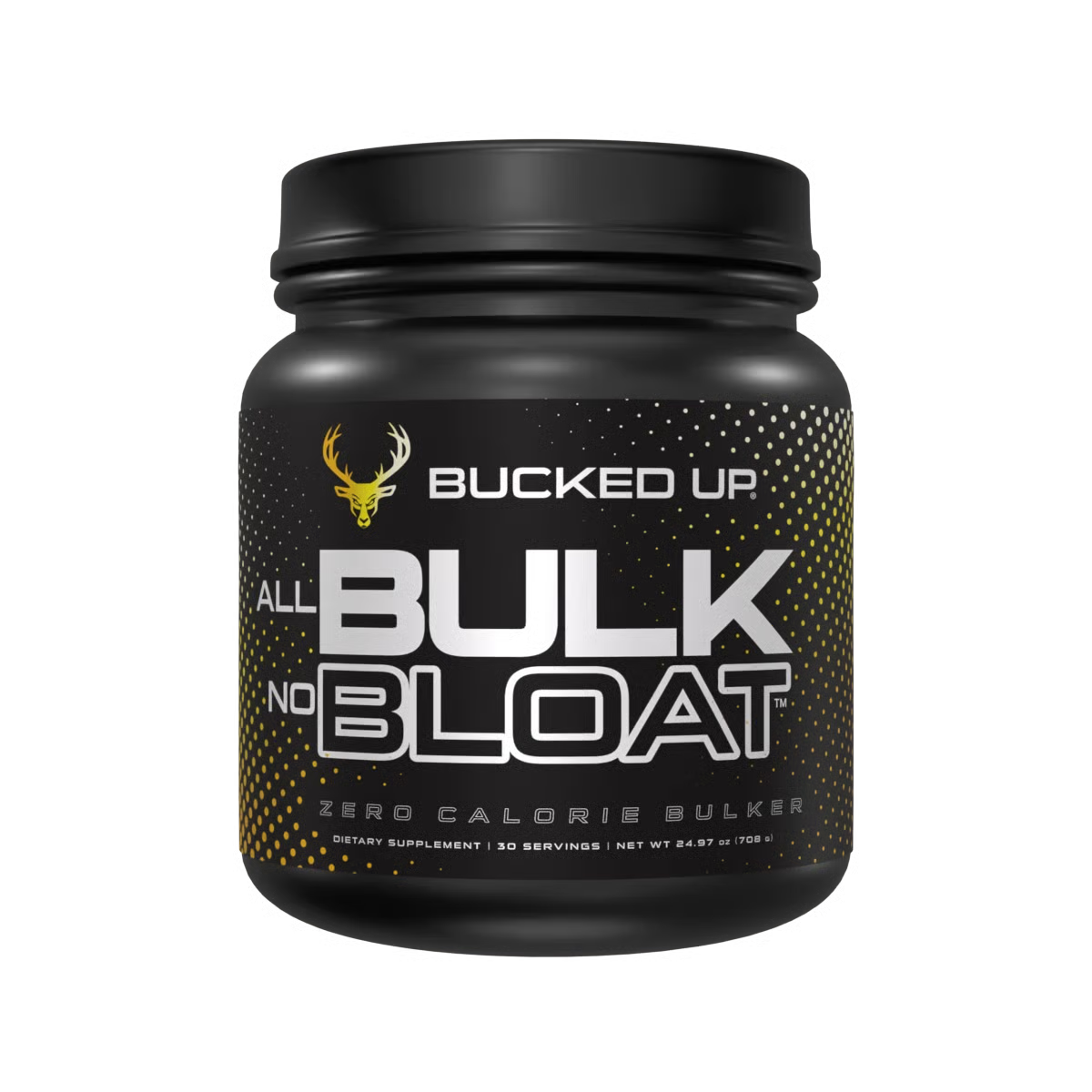
Check out Bucked Up’s creatine lineup to see how top-tier quality can support your routine.
How to Use Creatine Safely for Best Results
Stick to Recommended Doses
A daily dose of 3 to 5 grams is safe and effective for most. Current data backs this range for healthy individuals. While a loading phase of 20 grams daily for a week speeds up saturation, it’s not needed and might cause minor stomach upset. A steady dose achieves the same results over a few weeks, with less hassle.
Timing matters less than consistency. Whether taken post-workout or with a meal, the goal is daily intake. Bucked Up’s varied formats, like gummies, make sticking to this schedule simple and enjoyable.
Stay Hydrated for Optimal Use
Good hydration supports creatine’s benefits and overall health. Drinking enough water helps organ function during supplementation. Aim for 8 to 10 glasses daily, adjusting for activity or climate. Creatine may increase water retention in muscles, a positive effect, but there’s no need to overdo hydration beyond normal levels.
Know When to Seek Medical Advice
Healthy individuals face little risk with creatine, but those with kidney or liver conditions, on certain medications, or in pregnancy should talk to a doctor first. If unusual symptoms like fatigue or pain arise, stop use and consult a professional. Regular health checkups provide added peace of mind for everyone.
Common Questions About Creatine and Organ Health
Creatinine Rise Doesn’t Mean Kidney Harm
Creatine supplementation often raises serum creatinine levels, but this isn’t a sign of kidney damage. It’s a natural result of creatine metabolism, similar to how more protein raises urea levels without issue. Doctors should use other tests, like cystatin C, for accurate kidney health checks in creatine users. Research confirms no harm at standard doses.
Long-Term Use Poses No Organ Risk
Studies up to 24 months show creatine is safe for kidneys and liver in healthy users. Both controlled trials and decades of real-world athlete use reveal no organ damage. The liver processes creatine naturally, and no stress markers appear even with prolonged supplementation.
Pre-existing Conditions Require Caution
Those with kidney or liver issues must consult a doctor before using creatine. While evidence of harm is limited, compromised organ function calls for personalized medical advice. Closer monitoring may be needed if use is approved, ensuring safety alongside potential benefits.
Hydration Needs During Creatine Use
Water intake for creatine users aligns with general health guidelines, around 8 to 10 glasses daily. Adequate hydration supports kidney function and creatine’s muscle benefits, but there’s no need for excess. Adjust based on training or environment, focusing on steady, balanced intake.
Browse Bucked Up’s premium creatine options to boost performance with confidence.
Final Thoughts: Choose Creatine with Confidence
Decades of research prove that creatine monohydrate poses no risk to kidney or liver health in healthy individuals at proper doses. Myths stem from old misunderstandings, not facts. Knowing the difference between normal metabolic changes, like higher creatinine, and actual damage helps you decide with clarity.
These unfounded fears shouldn’t stop you from gaining strength, recovery speed, and mental sharpness. Bucked Up offers high-quality creatine backed by NSF and GMP standards, available in user-friendly forms. For healthy users following guidelines, creatine is a safe, effective way to elevate performance and well-being.
Discover Bucked Up’s trusted creatine supplements to power your goals with science-backed safety and results.
Disclaimer: These statements have not been evaluated by the Food and Drug Administration. This product is not intended to diagnose, treat, cure, or prevent any disease.

